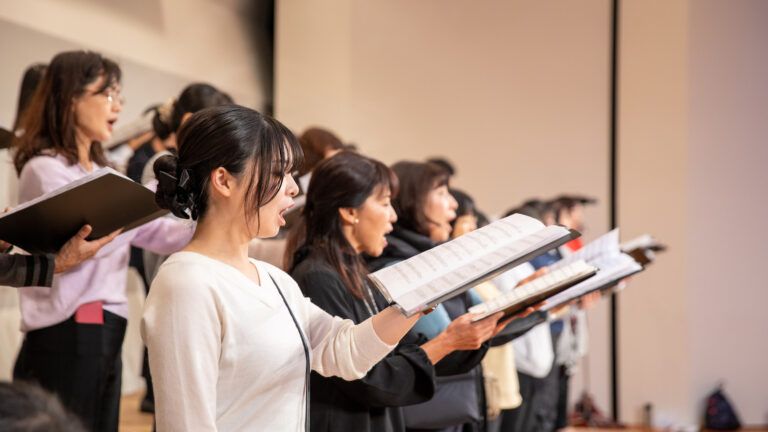Ever wonder why they call it the “practice of prayer”? I think it’s because we’re all amateurs at it, doing it for the love of it. You don’t practice prayer the way a concert pianist practices a Chopin étude, getting it perfect for a performance.
You practice prayer because it’s a tool for life. You don’t expect an audience (beyond the heavenly one). I like the word “practice” because it gets rid of the performance anxiety. Trying to pray is praying. Practice is perfect.
Here for the New Year are some prayer practices you might want to try. Some might work for you, some might not, but remember: However you pray, you can’t fail. However you’re doing it, you’re doing it just right.
Flash prayers for a busy day.
Years ago a friend of mine who was in the movie business (talk about tense work) introduced me to this concept. She described being in tough meetings that would sometimes get contentious. “I would zap a prayer across the table at someone, mentally reminding them how much they were loved … Sometimes I could feel the tension go out of the room.” That checkout girl at the supermarket who is taking forever and never smiles? Why not zap her? It’s certainly better than getting steamed up about her.
Breathe in the love of God.
Recovering from surgery several years ago, I had terrible problems falling asleep. Sure, there were painkillers to take, but I hated the side effects, and it wasn’t the physical pain as much as the psychic pain that kept me up. I would do something my friend Jim recommended when he got too stressed out in his job search. With each breath I would remind myself, “You are loved by God.” Breathe in God’s love, breathe out God’s love. I could actually hear my heartbeat slow and feel my body relax. Did I fall asleep immediately? No, but I became more calm.
Use one prayer.
I’ve used the Jesus Prayer ever since my minister friend Arthur Caliandro introduced it to me 20 years ago. “Jesus Christ, have mercy upon me. Make haste to help me. Rescue me and save me. Let thy will be done in my life.” It’s an ancient practice. The advantage of learning one prayer and using it frequently is that you don’t have to concentrate. You can pray with the spirit. I feel like my body settles down when it hears the familiar words and I become more open to the life of the spirit. Take any short prayer, part of a Psalm or the Lord’s Prayer, and let it live in you.
Give it five minutes a day.
Is that so much to ask? Five minutes a day in a quiet place with your eyes closed and no interruptions. Want to do more? That’s fine, but don’t give yourself an impossible goal to follow. The trainers at the gym wisely stress that a reasonable workout is much better than an ambitious one that has you giving up in frustration after a week or two. Five minutes will give you a lot, especially if you do it in the same place every day. All those external stimuli—the feel of the chair you’re sitting in, the sound of the birds outside—will be your own personal call to worship.
Pray for others.
Create a mental list of the people who need help. The list will change constantly. When people discover that you’re a praying person, they’ll give you requests. The list will get long, but don’t be weary. You’re being given an incredible opportunity to grow in compassion. You can write the names down, but I prefer to keep them in my head. Pulling up each name, remembering a face, thinking of a need, it keeps me in a prayerful place. Sometimes it feels like a big party, all those people in my head, but there’s no mess to clean up afterward. Just the welcome reminder—and it will come—that a prayer has been answered.




